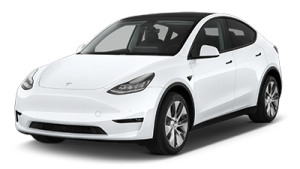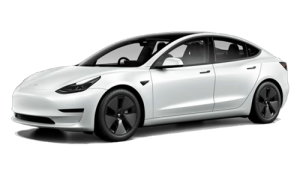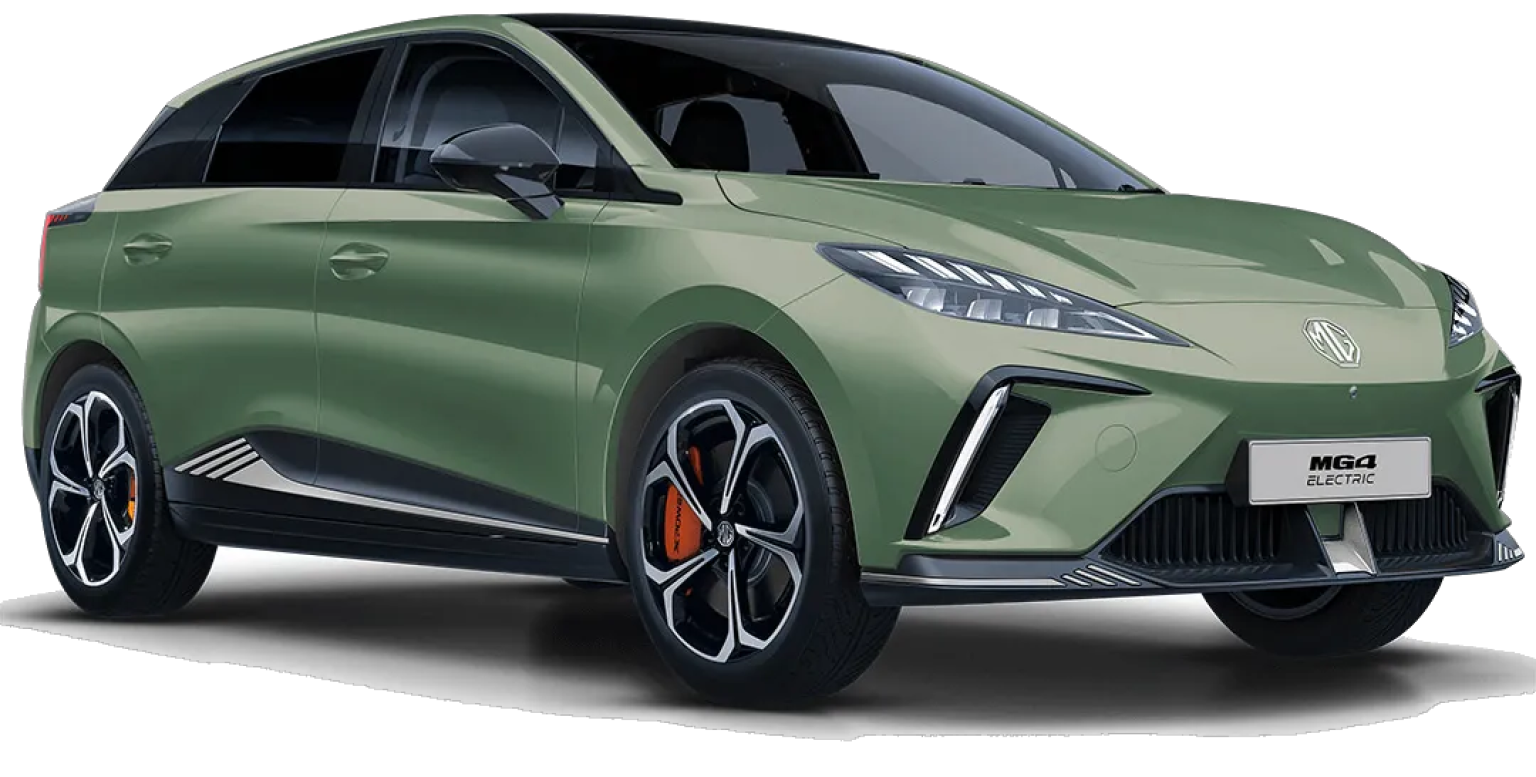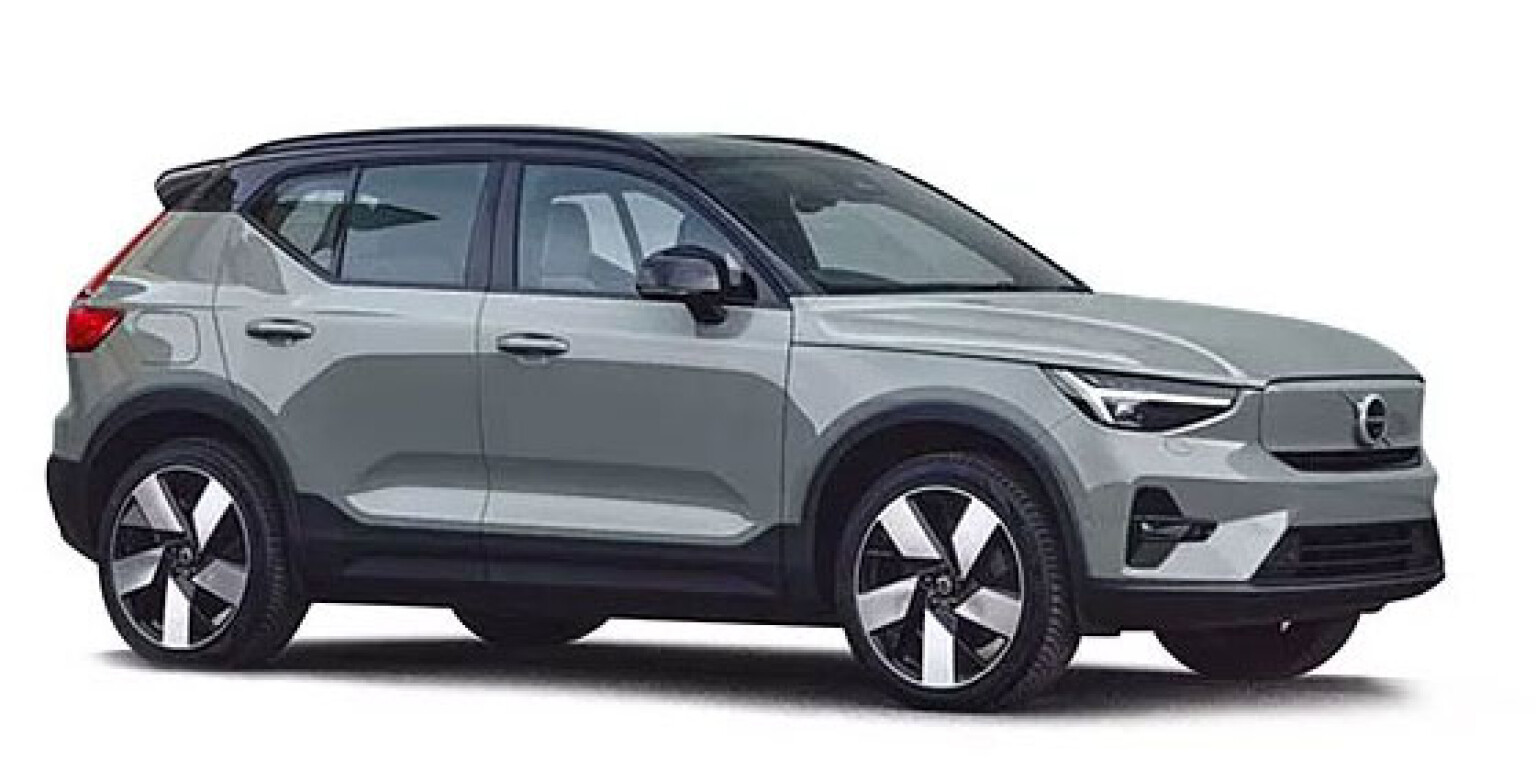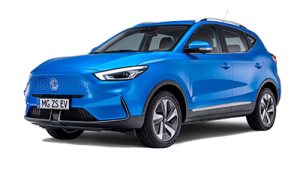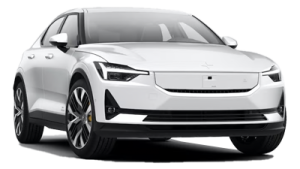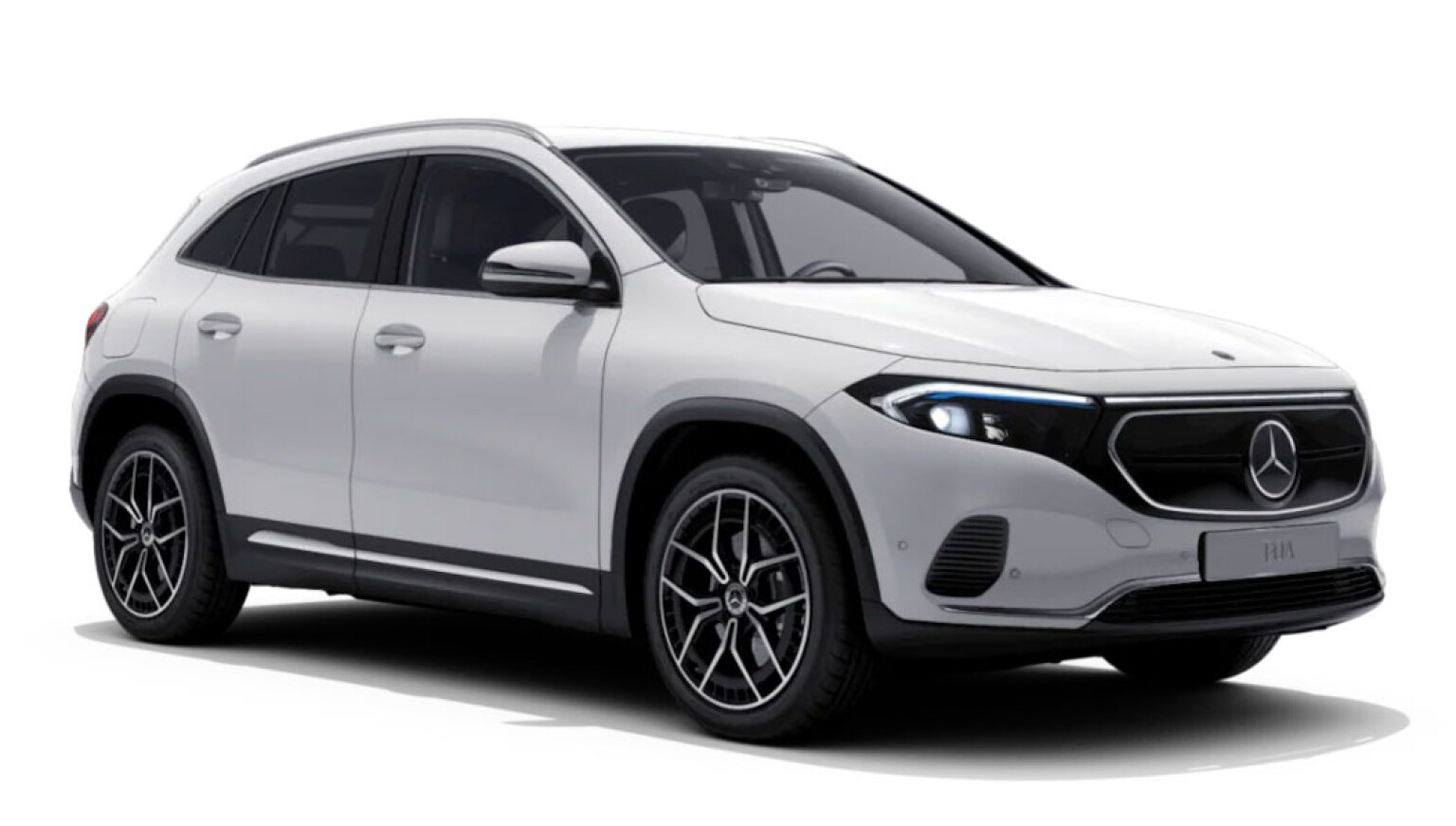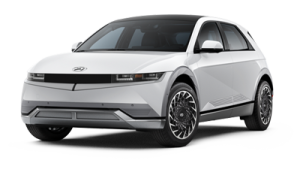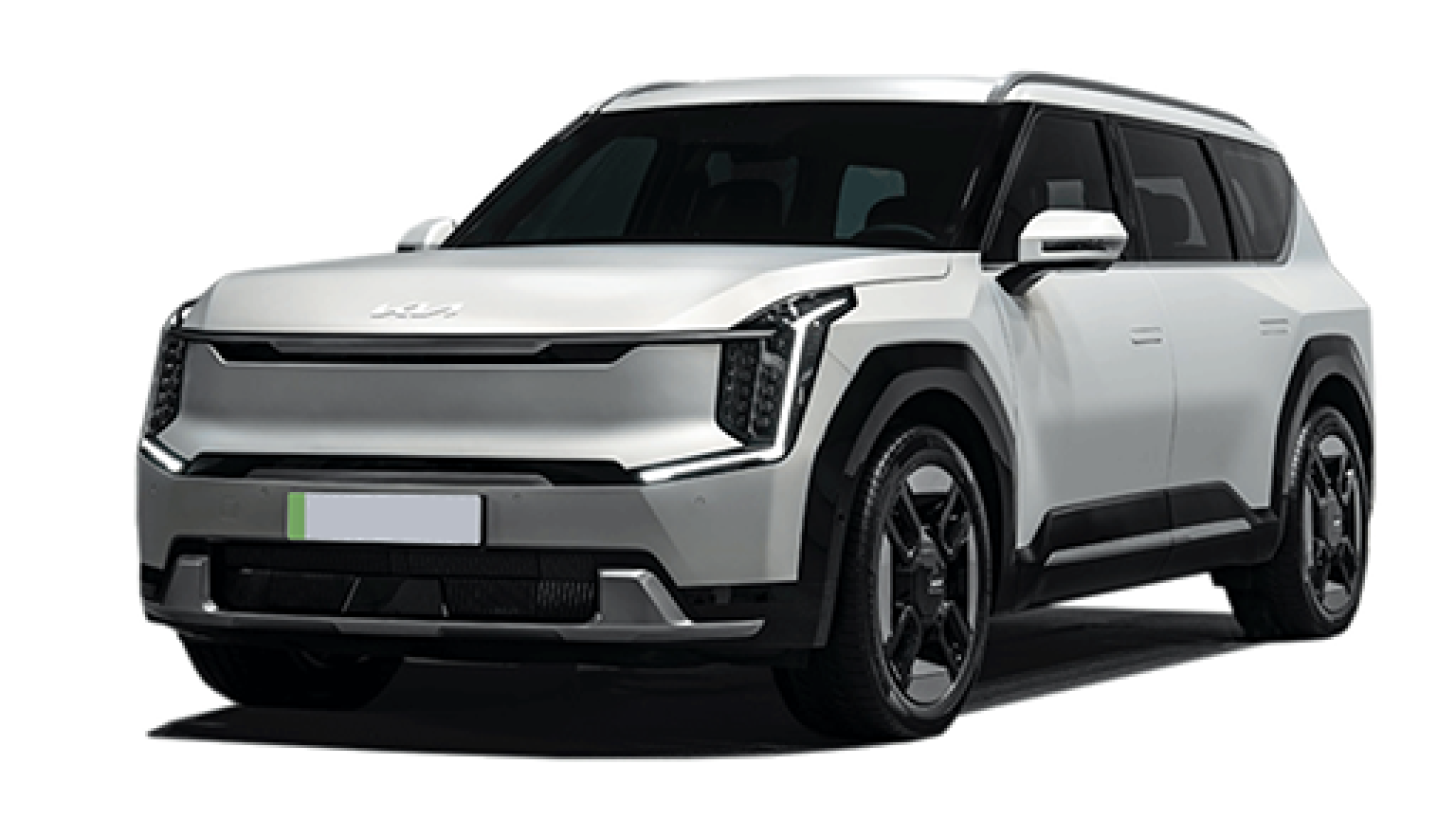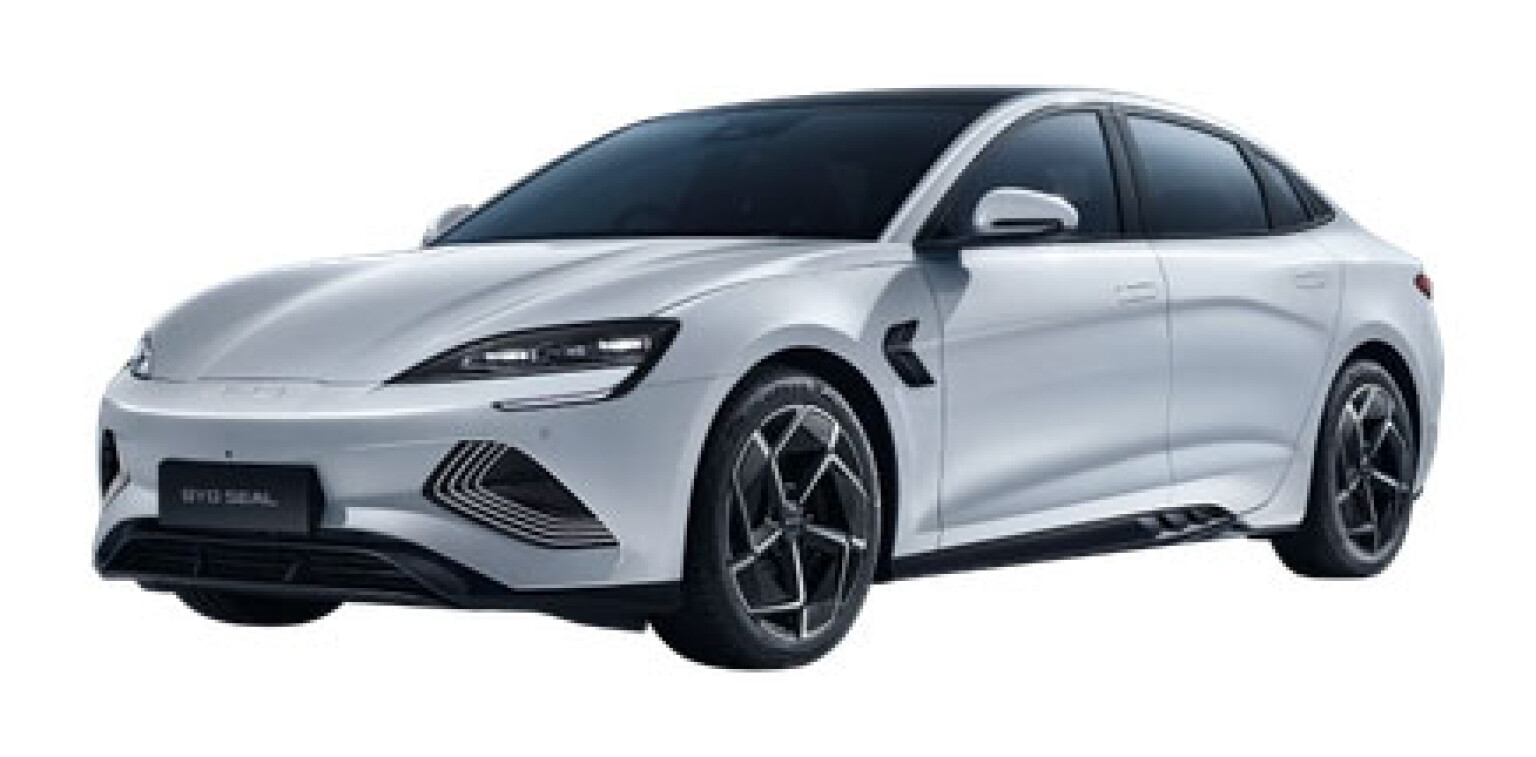Electric Car FAQs
Frequently Asked Questions
Depending on the model and conditions, some high-end EVs can charge to full in 20 to 60 minutes, while older or more affordable models need longer. See our detailed story here: How long does it take to charge an electric car?
Estimates based on common scenarios
When buying an EV, ask the dealer what type of charging system it uses. The levels and types of EV charging are outlined below.
- AVOID IF POSSIBLE: Level 1 – AC trickle charging
- While convenient, this is the slowest method, offering only about 2.0kW of power through a normal 10A socket.
- This means it can take from four to 48 hours to charge your car, depending on the battery size.
- IDEAL FOR HOME: Level 2 - AC fast charging
- Installing a Level 2 (wall-box) charger at home increases the power to 7.2kW.
- You’ll get a boost of 7.2km in driving range for every 10 minutes, meaning about 43km after an hour's charging – which is enough for the average Aussie commute.
- ROAD TRIPS: Level 3 - DC rapid charging
- Charging capacity ranges from 50kW on a rapid charger, up to 350kW on an 'ultra-rapid' unit.
- Usually located at sites along interstate highways, these are the chargers that will see you gain hundreds of kilometres in range over 30-or-so minutes.
It's important to note that the actual charging time for a specific vehicle will depend on many factors, including the battery's state of charge and the charging rate.
Check out our EV Charging Guide for more details, and our story 'How long does it take to charge an electric vehicle?'
- AVOID IF POSSIBLE: Level 1 – AC trickle charging
The driving range of electric vehicles (EVs) in Australia can vary, but on average, a full charge can provide a driving range of around 200 to 400 km, depending on the vehicle's battery size and efficiency. Some high-end electric vehicles with larger batteries can provide a driving range of over 500 km on a single charge. It's important to keep in mind that the driving range of an electric vehicle can be affected by factors such as driving style, road conditions, weather, and the use of accessories like air conditioning or heating.
The lifespan of an electric vehicle (EV) battery can range from 8 to 10 years or more, with many lasting beyond this timeframe. The battery's lifespan is influenced by factors such as the battery technology, the vehicle's usage, and charging and discharging patterns. Auto manufacturers typically offer warranties on their EV batteries, which can guarantee a certain minimum capacity level for a specified period of time.
In Australia, there are various options for charging electric vehicles (EVs), including:
- Home charging: Many EV owners choose to install a charging station at their home, which can provide a convenient and reliable source of charging.
- Public charging stations: There are a growing number of public charging stations available in Australia, including fast charging stations that can provide a quick charge for EVs on the go.
- Workplace charging: Some workplaces offer charging facilities for their employees, providing a convenient charging option for those who spend a significant amount of time at work.
- Destination charging: Some hotels, shopping centers, and other public locations offer charging facilities for EV owners, providing a convenient charging option for travelers and visitors.
The cost of an electric vehicle in Australia varies depending on the model, brand and features. On average, a new electric vehicle in Australia can cost anywhere from $40,000 to $100,000. However, some high-end models can cost significantly more. Additionally, it is important to consider the cost of charging infrastructure, as well as any government incentives that may be available.
Check out:
The cost to charge an electric vehicle in Australia depends on several factors, including the cost of electricity, the size of the battery, and the charging speed. On average, it can cost anywhere from$ 10 to $20 to fully charge an electric vehicle in Australia.
Home charging is typically less expensive than charging at a public station, and some energy providers offer special rates for electric vehicle owners.
Check out our EV Charging Guide for more details
Electric cars work by using an electric motor powered by a rechargeable battery pack instead of an internal combustion engine. When the vehicle is in use, energy from the battery flows to the electric motor, which drives the wheels and propels the vehicle forward. The battery can be recharged by plugging the car into an electrical outlet or a charging station. Regenerative braking, which converts the energy from braking into electricity, can also help to extend the range of the vehicle by charging the battery. Additionally, electric cars typically have fewer moving parts compared to traditional gasoline vehicles, which can result in lower maintenance costs and improved reliability.
